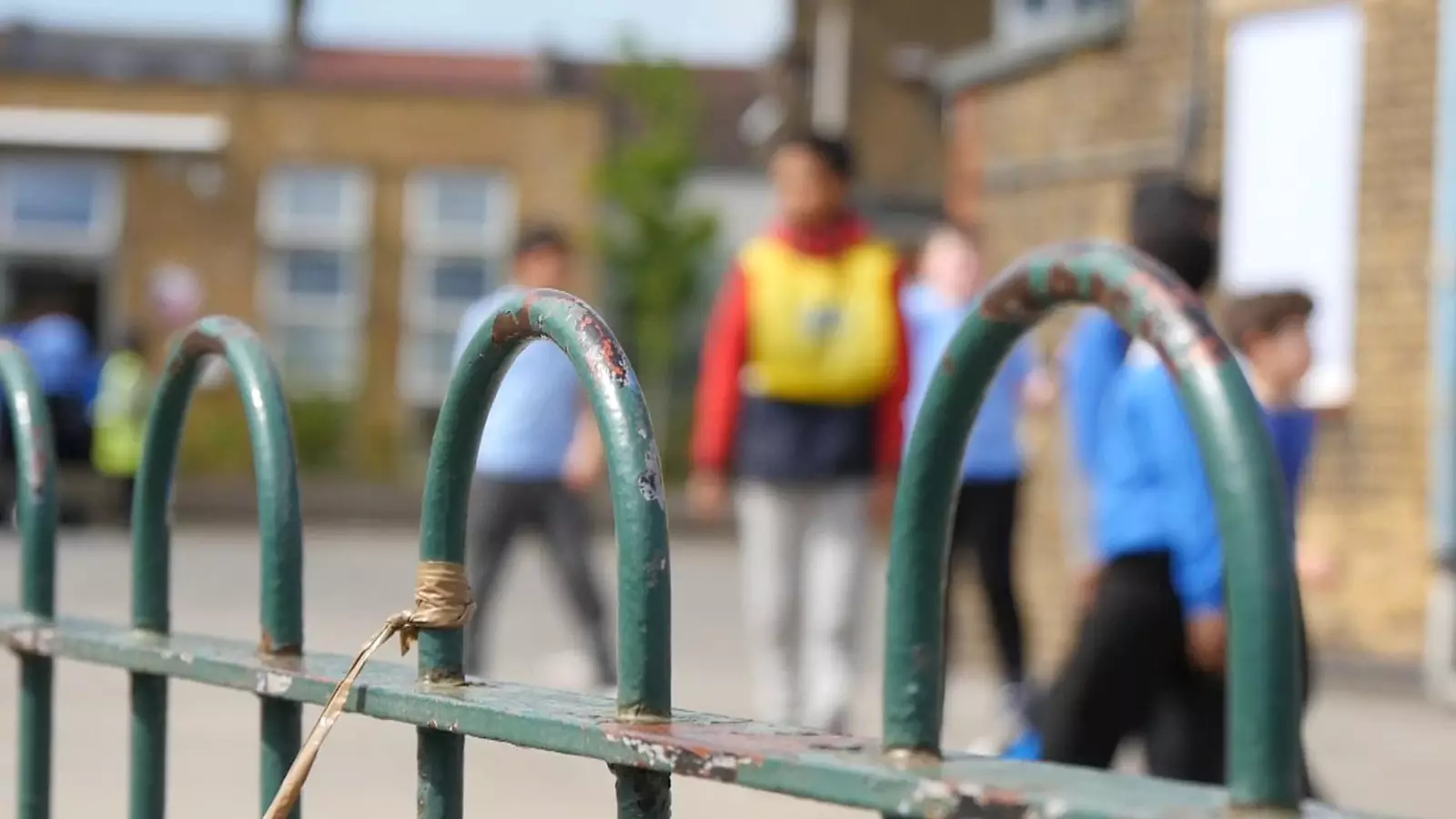Recent research conducted by the charity Chance UK revealed that a significant number of children who are excluded from primary school do not go on to pass their GCSEs in English and Maths. By tracking various year groups and analyzing data from 3.2 million pupils in England, the study found that 97% of those who were excluded had a special educational need or disability.
Mary-Anne, a mother whose son has ADHD, shared her distressing experience with her son’s exclusion from primary school. Before his diagnosis, schools struggled to manage his behavior, leading to his permanent exclusion at the age of five. Despite schools pushing for him to attend a pupil referral unit, Mary-Anne refused, recognizing the need to address the underlying issues causing her son’s behavior.
In 2022, more than 22,000 children aged six years and under were excluded or suspended in primary schools across England. This alarming statistic raises concerns among teaching unions, particularly in light of the worsening behavior in classrooms following the disruptions caused by the pandemic. Tom Bennett, an advisor in the Department for Education, emphasizes that exclusions are a last resort, reserved for extreme circumstances such as violence towards teachers or students.
Chance UK, a charity that provides mentorship to children facing behavioral and emotional challenges, played a crucial role in supporting Mary-Anne’s son. By matching students with mentors, the charity offers additional support to children who may be struggling in a traditional school setting. As the charity advocates for additional funding for specialist support in primary schools, it highlights the importance of early intervention to prevent exclusions and support students in reaching their full potential.
The long-term impact of primary school exclusions on GCSE results is a growing concern, with research indicating a correlation between exclusion rates and academic outcomes. By addressing the underlying causes of behavioral issues early on and providing targeted support, schools can help prevent exclusions and ensure that all students have the opportunity to succeed academically. As the education system continues to grapple with challenges exacerbated by the pandemic, investment in specialist support remains crucial in supporting the most vulnerable students.

Leave a Reply